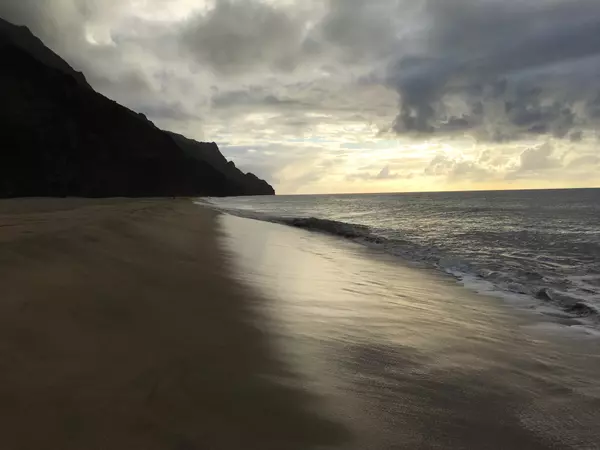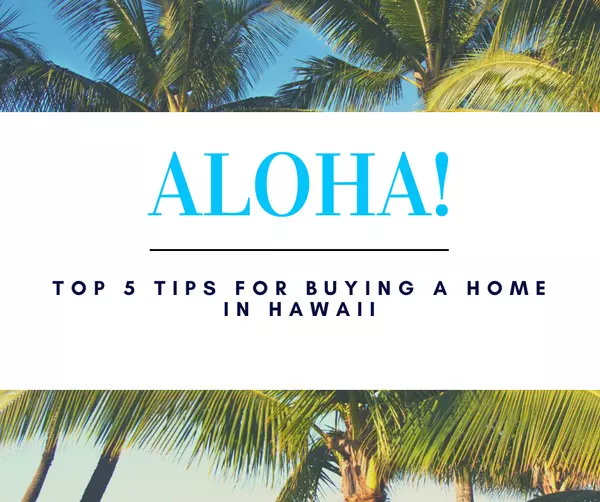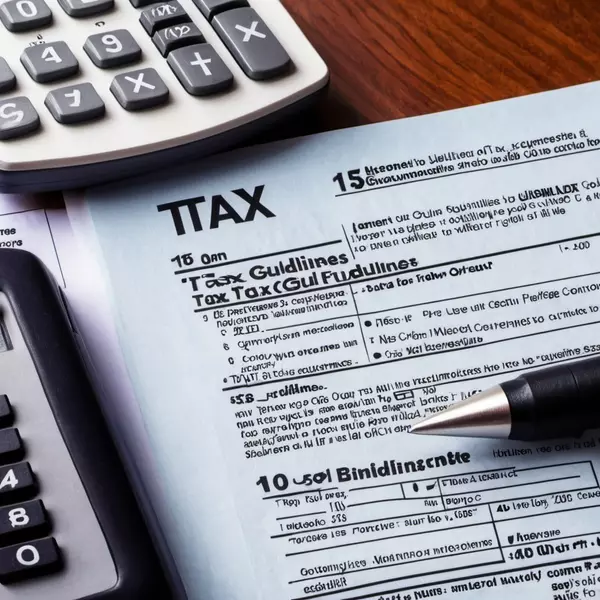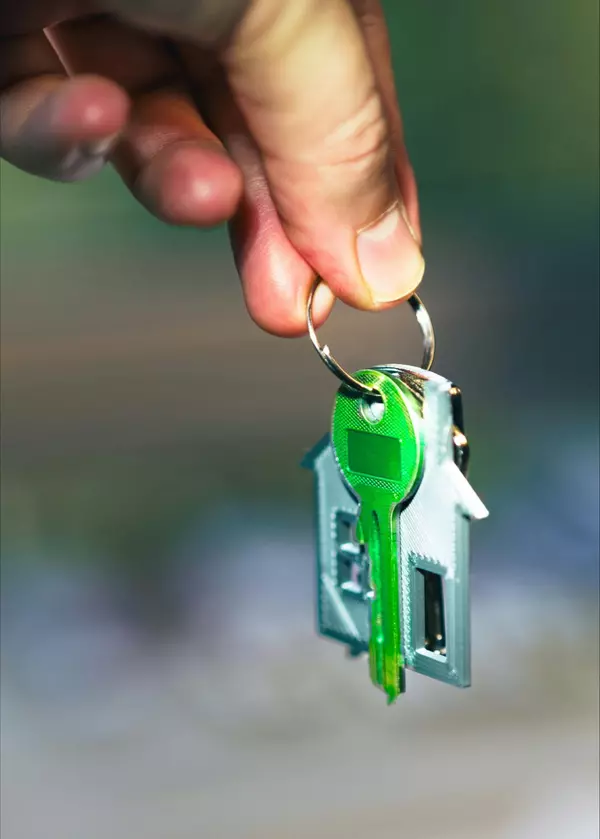What is Leasehold? Understanding Hawai‘i's Unique Real Estate Option

What is Leasehold? Understanding Hawai‘i's Unique Real Estate Option

Leasehold properties are a unique feature of the Hawai‘i real estate market, especially on Oʻahu. This post explains what they are, why they exist, and whether they make sense for buyers or investors.
Understanding Leasehold Properties on Oʻahu
Leasehold properties can offer a unique opportunity in the Oʻahu real estate market, but they come with important differences compared to fee simple ownership. This guide explains what leasehold means, why it exists in Hawaiʻi, and how to determine whether it's the right fit for your goals.
What Is a Leasehold Property?
A leasehold property means you are purchasing the right to use and occupy a property for a set period, but you do not own the land beneath it. Instead, a separate landowner (such as a trust, corporation, or individual) retains ownership of the land. As the leasehold owner, you pay a monthly lease rent to the landowner.
In contrast, fee simple ownership gives you full rights to both the land and the building.
Why Leasehold Exists in Hawaiʻi
Hawaiʻi has a unique land ownership history. Large portions of land are held by trusts and institutions like the Bishop Estate, Queen Emma Land Company, and others. In many cases, these landowners chose to lease land rather than sell it outright, leading to the development of leasehold residential and commercial properties, especially in areas like Waikīkī.
Key Features of Leasehold Ownership
-
Lease Term: Leaseholds typically last 30–60 years from the start date. As the lease nears its expiration, the property may depreciate in value.
-
Lease Rent: Monthly payments to the landowner. These can increase over time depending on renegotiation terms.
-
Renegotiation: Many leases include renegotiation periods, during which the landowner can adjust the rent.
-
Fee Purchase Option: Some leasehold properties offer the chance to buy the land ("purchase the fee") to convert it into fee simple. This option varies by property.
Pros of Leasehold Properties
-
Lower Purchase Prices: Leasehold properties are often priced significantly lower than similar fee simple options.
-
Location: Many are in desirable areas like Waikīkī or near the beach.
-
Investment Potential: Can offer higher cash-on-cash returns if the lease rent is stable and the purchase price is low.
Cons and Considerations
-
Depreciation: As the lease gets shorter, resale value often drops.
-
Limited Financing: Lenders may not approve loans for properties with short remaining lease terms (usually under 30 years).
-
Increasing Lease Rent: Future lease rent increases may impact affordability and cash flow.
-
No Land Appreciation: You don’t benefit from rising land values.
Is Leasehold a Good Investment?
It depends on your situation:
-
Short-Term Use or Investment: Leasehold may be a good fit if you're buying at a discount, plan to use the property for a defined time, or want rental income.
-
Long-Term Living or Legacy Planning: Fee simple is usually more secure for those wanting to build long-term equity or leave property to heirs.
Careful review of the lease terms (length, rent, renegotiation dates, and any fee purchase options) is essential before deciding.
Final Thoughts
Leasehold properties aren’t for everyone, but in the right situation, they can offer great value—especially in sought-after Oʻahu locations. If you have any questions or want help evaluating a leasehold listing, I’m happy to guide you through the process.
Categories
Recent Posts










